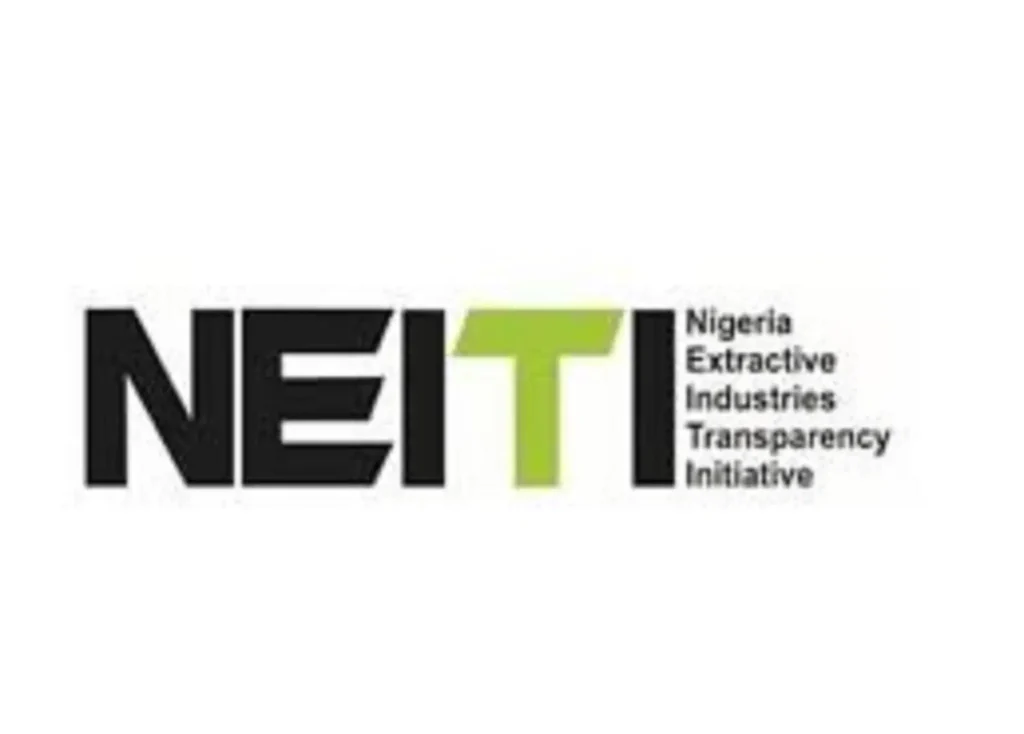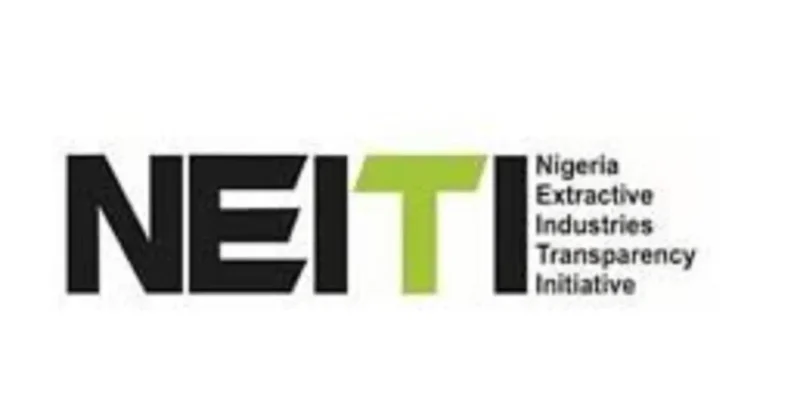
The Nigeria Extractive Industries Transparency Initiative (NEITI) and key stakeholders in the extractive industry have thrown their weight behind the Tax Reform Bills currently before the National Assembly, describing them as a critical step toward enhancing fiscal sustainability and revenue mobilization.
The proposed bills aim to consolidate all oil and gas-related taxes—such as petroleum profit tax and royalties—into a single legislative framework while centralizing tax collection under the proposed Nigerian Revenue Services.
Speaking at a reform seminar (“Reminar”) organized by OrderPaper and hosted by NEITI, the Executive Secretary of NEITI, Dr. Orji Ogbonnaya Orji, emphasized that the reforms are designed to boost transparency, accountability, and compliance within the sector.
“The 2024 Tax Reform Bill represents a bold effort to modernize Nigeria’s tax system. NEITI has carefully examined the bill and acknowledges its potential to improve tax administration, streamline legal frameworks, and enhance compliance across industries, including oil, gas, and mining,” Dr. Orji stated.
He noted that while the extractive sector remains the backbone of Nigeria’s economy—significantly contributing to government revenue and foreign exchange earnings—challenges such as tax evasion, revenue leakages, weak enforcement, and lack of transparency have hindered its full potential.
Founder and CEO of OrderPaper, Mr. Oke Epia, underscored the far-reaching impact of the proposed tax reforms on the economy and citizens’ financial well-being. He reiterated OrderPaper’s commitment to leveraging digital tools to enhance legislative transparency and civic engagement.
“Remtrack is a civic tool designed to enable stakeholders to track remediation efforts outlined in NEITI’s audit reports, ensuring transparency and accountability,” Epia added.
Also speaking at the event, Mr. Haruna Yahaya, a member of the Presidential Committee on Fiscal Policy and Tax Reforms, described the bills as a significant step by President Bola Ahmed Tinubu’s administration to overhaul Nigeria’s fiscal and tax framework.
Key provisions of the bills for the petroleum industry include a 10% royalty on deep offshore and inland basin production, as well as the introduction of price-based royalties.
The proposed reforms are expected to enhance government revenue, improve tax compliance, and create a more efficient and transparent tax system in Nigeria’s extractive sector.

Comments